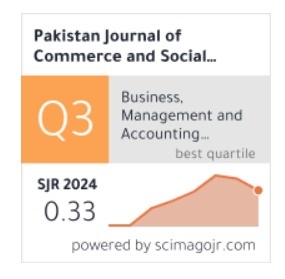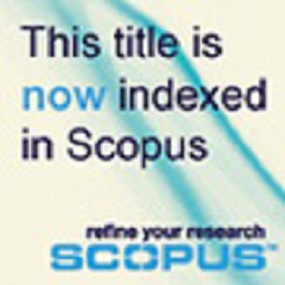Islamic Branding and Brand Resonance: A Multi-Group Analysis of Malaysia & Pakistan
Keywords:
Branding, Islamic brand knowledge, brand resonance, Islamic corporate social responsibility, religiosity, multi-group analysis.Abstract
The study examines the underlying heterogeneity within the global Muslim consumer market in connection with Islamic branding and its impact on the brand resonance of an Islamic brand. This comparative study empirically examines the differences existing within the Muslim consumer in Malaysia and Pakistan with respect to the influence of religiosity, Islamic brand knowledge and Islamic corporate social responsibility (ICSR) on Islamic branding perceptions and its subsequent impact on the brand resonance of an Islamic brand. This study uses the Partial Least Squares - Structural Equation Modeling (PLS-SEM) analysis in which the constructs scores are calculated according to a composite algorithm. The Measurement Invariance of Composite Models (MICOM) was applied before conducting Multi-Group Analysis (MGA) in PLS-SEM. The MICOM procedure consisted of three steps, including measurement of configural invariance, measurement of compositional invariance, and assessment of the equality of a composite’s mean value and variance across groups. The study reveals significant differences between the two Muslim consumer markets in terms of Islamic branding antecedents and the influence of this branding ideology on brand resonance of an Islamic brand. It can provide valuable insights to brand managers targeting the global Muslim consumers and policymakers. Currently, limited studies have applied the PLS-SEM, MGA technique through MICOM analysis.





